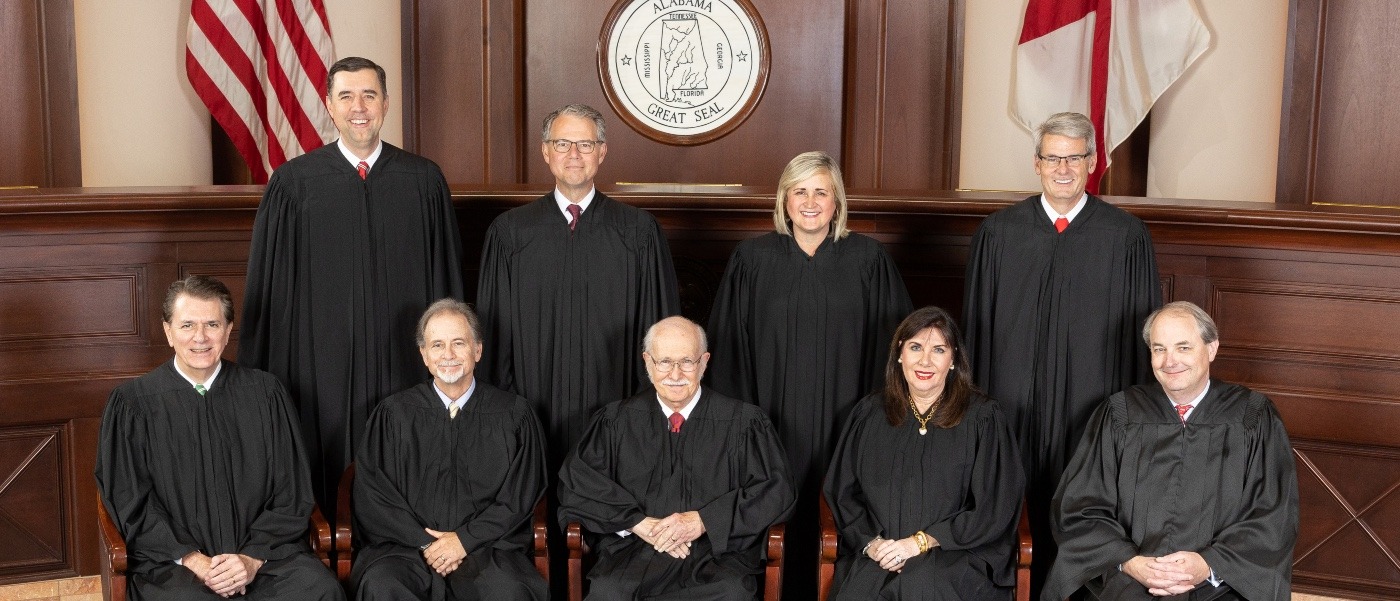Last week, the Alabama Supreme Court issued a ruling that has far-reaching implications for reproductive rights and medical technology. The court’s decision effectively declared that embryos, even those that have not been implanted, should be legally recognized as human beings.
This ruling has the potential to criminalize common practices in in-vitro fertilization (IVF) procedures, where unused embryos are often destroyed.
The court’s decision comes in the wake of the U.S. Supreme Court’s ruling that overturned Roe v. Wade, a decision that Alabama’s Supreme Court Justice had actively supported in the past.

By declaring embryos as human beings, the Alabama Supreme Court has taken a stance that aligns with the anti-abortion movement’s efforts to redefine the legal status of embryos and fetuses.
The implications of this ruling are significant. IVF procedures, which have helped countless individuals and couples conceive children, may now be under threat in Alabama.
The ruling could lead to legal challenges against IVF clinics and providers, as well as individuals who undergo the procedure. It also raises questions about the rights of embryos and the implications for reproductive freedom.
Critics of the ruling argue that it is a dangerous overreach that undermines reproductive rights and medical science. They point out that embryos are not considered legal persons under current law and that the ruling sets a dangerous precedent that could have far-reaching consequences beyond Alabama.
The ruling has sparked outrage and concern among reproductive rights advocates, who see it as part of a broader effort to restrict access to abortion and reproductive healthcare.
They warn that decisions like this could have a chilling effect on medical research and innovation, as well as on the rights of individuals to make decisions about their own bodies and reproductive health.
As the legal and political landscape around reproductive rights continues to evolve, the Alabama Supreme Court’s ruling serves as a stark reminder of the ongoing battle over women’s rights and autonomy. It underscores the importance of protecting access to safe and legal reproductive healthcare for all individuals.


